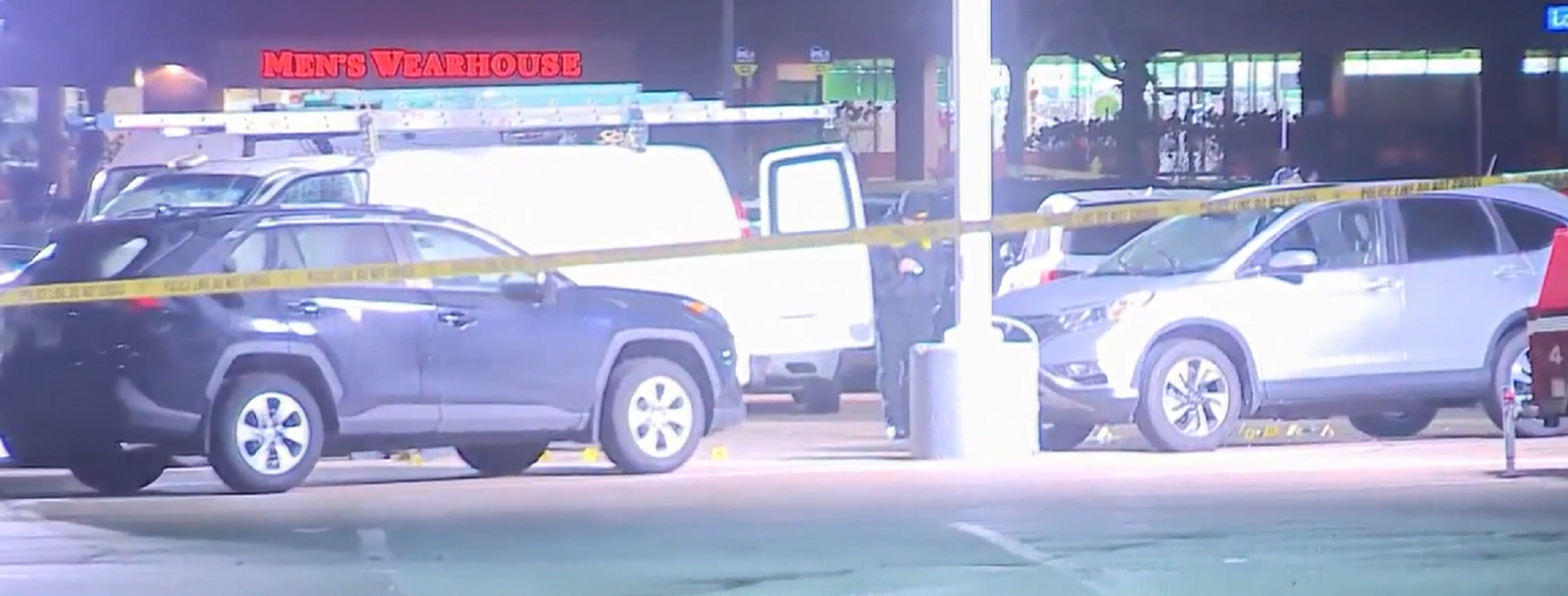Nearly every county in Illinois is seeing elevated numbers of COVID cases in recent weeks, with public health officials advising residents in some communities to resume wearing masks while in indoor spaces as the virus spreads.
The new wave of cases has largely been fueled by new variants of omicron that have shown a propensity for evading immunity provided by vaccines or previous infections.
As a result, a “slow but steady” increase in the number of cases has been observed in the state.
Of the state’s 102 counties, 94 are now at either a “high” or “medium community level” of COVID, according to criteria established by the Centers for Disease Control and Prevention.
A total of 50 counties are now at a “high” transmission level, according to CDC data. That group includes McHenry, Lake, DuPage, Cook, LaSalle, Grundy and Will counties.
DeKalb, Kane, Kendall and Kankakee counties are all at “medium transmission,” per officials.
“We are seeing a slow but steady increase in case counts,” IDPH acting director Dr. Amaal Tokars said in a statement. “It is recommended that you wear your mask in indoor public places and avoid indoor crowded spaces at this time.”
Local
As of Friday, the state is averaging 4,724 new cases of COVID per day, representing some of the highest numbers of the summer. In the week following the Fourth of July holiday, the state saw a 39% increase in the average number of new daily cases, rising to nearly 5,000 cases as of Tuesday.
State officials say that hospitalizations have also been ticking upward, with 1,424 patients currently hospitalized with COVID. Of those, 152 are currently in intensive care unit beds.
Feeling out of the loop? We'll catch you up on the Chicago news you need to know. Sign up for the weekly Chicago Catch-Up newsletter.
In accordance with CDC guidelines, Illinois officials are urging all residents in areas of “high community level transmission” to wear masks while indoors. Residents are also being advised to avoid large-scale indoor gatherings in those communities at this time.
Immunocompromised patients in “high” transmission areas are also urged to avoid “non-essential” indoor activities, and to have plans in place for rapid COVID testing in the event of an exposure to the virus.
Residents are advised to inform their primary care physician if they test positive for COVID, and to ask their doctors about whether a prescription for a COVID antiviral is recommended.
Some patients may also be eligible for monoclonal antibodies, and are encouraged to ask their doctors about that option as well.



